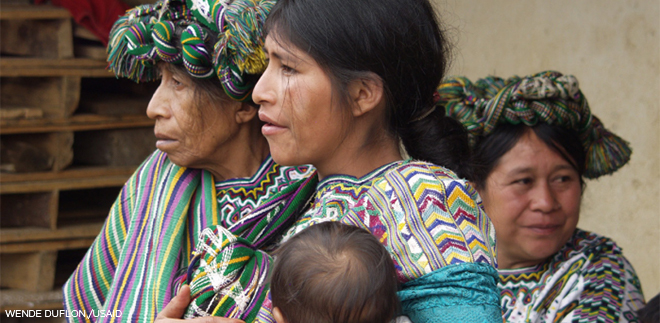
Locally developed food-based recommendations (FBRs) help promote appropriate complementary feeding that contributes to reducing stunting among children under 5. A tool used to develop FBRs, Optifood, usually relies on primary data collection involving 24-hour dietary recalls and food frequency questionnaires, the use of which requires considerable time and resources. FANTA conducted a study on the feasibility of developing FBRs with Optifood in Guatemala by analyzing secondary data from a Household Consumption and Expenditure Survey (HCES). The study compared Optifood inputs and outputs derived from the HCES data with inputs and outputs using primary data from a 2012 FANTA Optifood study in Guatemala. The results show that HCES data can serve as a proxy for primary 24-hour recall and food frequency data in Optifood for the development of FBRs. All FBRs need to be tested at the community level before implementation.
The report is available in English. A report summary is available in Spanish and English.


